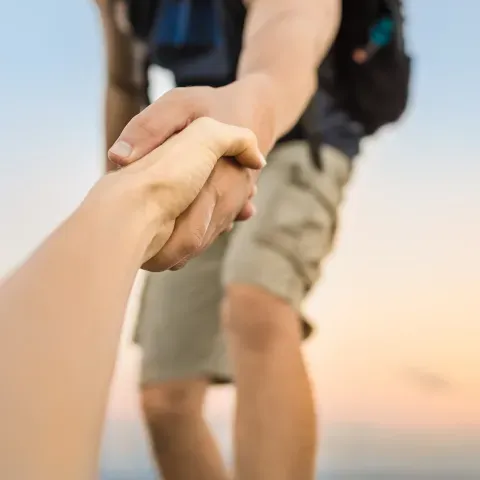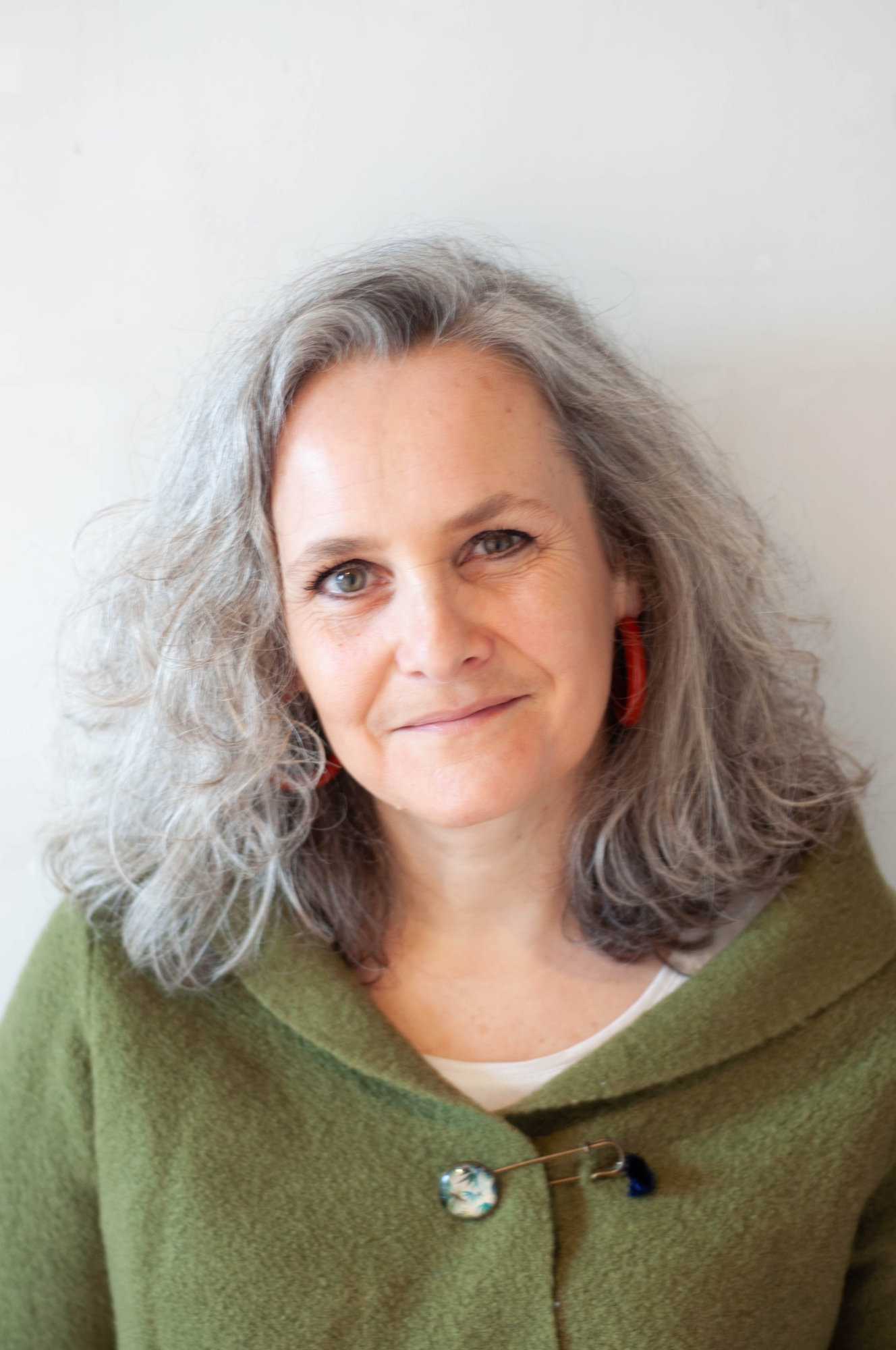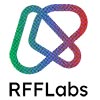Only organizations that have previously been supported by the Orange Foundation are eligible to participate in this challenge.
Since 2014, the Orange Foundation has been committed to supporting young job seekers, helping them rebuild their confidence, reveal their talents, and develop their skills through a collaborative, learning-by-doing approach. By supporting meaningful collective projects that address social and environmental issues, we enable these young people to become agents of change and take control of their future.
In addition to supporting your projects in 25 countries, we have been organizing an international digital fabrication challenge around the SDGs for young job seekers supported by your associations since 2016.
A collaboration with RFFLabs and their project named "Communal Emergency"
This year, we are offering a new way to contribute to the "Communal Emergency" project led by RFFLabs (French Fablabs network) and supported by Fondation de France in partnership with Croix-Rouge française. This project is a continuation of the citizen initiatives that emerged during the pandemic. The agility, creativity and responsiveness demonstrated by makers and fablabs are valuable resources that enable us to better anticipate future crises.
Our ambition is twofold: first, to consolidate the position of fablabs and makerspaces as citizen-led hubs of resilience; and second, to provide local communities with practical tools to help them organize and act collectively in emergencies.
The project, whose deliverables will be made available to all as open, shared resources, is structured around three main pillars (you can learn more on the RFFLabs website:
● Memory: to document the community resources created during emergencies, enhance the value of civic expertise, and preserve this knowledge
● Preparation: strengthening the resilience of makerspaces, developing preparedness, and equipping the premises
● Planning ahead: to train, raise awareness, and galvanize collective action
What does the ImagineMakers challenge consist in?
Our challenge will contribute to the “Preparation” pillar by documenting 20 open-source prototypes.
We invite you to propose, with a team of young people in social integration, a prototype related to one of the following themes:
-
Goal: Ensure immediate, safe and sustainable access to energy to support essential needs during a crisis.
Fablabs can design local solutions for producing and storing electricity, ensuring continuity of light and communication (especially important for keeping in touch with loved ones), as well as providing minimal heating and basic care (powering light medical devices) when conventional grids are down.
Examples: dynamo lamps (low-cost), portable micro-solar systems, shared batteries made from recycled materials, solar phone kits, bicycle generators, collective charging stations, etc.
-
Goal: Design cost-effective solutions that provide clean water, cooking facilities, and safe food preservation in degraded conditions.
Access to drinking water and food are basic needs that are immediately threatened by disasters. Fablabs can prototype cost-effective, low-tech, robust solutions that empower families and communities.
Examples: micro-water filters, rainwater recovery and storage systems, solar ovens, portable rocket stoves and multifunctional objects (filter bucket that can be converted into a cooler or a seat), unpowered food preservation solutions (desert fridge), etc.
-
Goal: Ensure reliable and inclusive access to information and strengthen local networks for mutual aid when the phone lines or internet are down.
In emergency situations, it is crucial that information is shared quickly and remains accessible, reliable and understandable for everyone (including children, the elderly and non-native speakers). Fablabs can help to create tools that facilitate mutual aid and, when conventional networks break down, design alternative systems to rebuild local connections and encourage citizen coordination.
Examples: printed/cut-out universal pictograms, emergency signage, offline communication kits (local radio, offline QR codes, walkie-talkies), a mesh Wi-Fi network for emergencies, a pop-up "mutual aid wall" for collecting and sharing information at neighborhood level, printed teaching tools to provide instructions, etc..
-
Goal: Equip people to act quickly while waiting for emergency services by helping to protect, guide, and comfort those affected.
Although they cannot replace medical assistance, fablabs can help with disaster relief efforts by making objects and educational materials that facilitate first aid, protective measures, and provide psychological reassurance.
Examples: emergency whistles, improvised headlamps, pharmacy storage kits, self-soothing kits (breathing cards and expression notebooks), mobile respite areas (especially for children), kits for teaching first aid, etc.
Projects must respect a number of common principles:
- Reproductible : facilement reproductible dans ce contexte de crise ou dans un autre, permettant une production distribuée avec les outils du fablab, et aux usagers de l’utiliser et/ou de le produire par eux-mêmes après la crise
- Economical: It requires minimal resources (time (e.g., for a rapid response in the event of a crisis), raw materials, means, etc.).
- Collective, inclusive, and civic: A team of young job seekers and 1-2 residents ("citizen manufacturers") are involved to encourage civic involvement, mutual aid, cooperation, and psychological support among those affected.
- Organizational: Organization of the site to meet the need (logistics, human resources, necessary partnerships, etc.).
- Contextual : It responds to a specific need (e.g., a situation that has already been experienced or a known risk).
- Resilience : It improves the ability of people affected by a crisis to protect themselves from immediate impacts (security, basic needs, and human dignity) and quickly return to an acceptable daily life despite the adverse situation.
You can submit your projects between October 13, 2025, and December 08, 2025, on the Orange Foundation website or by following this link.
The project submission should include the following: a description of the team and the project, an account of the experience (testimonials from the young people and citizens involved), a presentation of the prototype, photos, and a video.
More information with our webinars
To provide more information about this challenge, we are hosting two webinars on October 21:
- 2pm (Paris time) in French
- 3pm (Paris time) in English
Séverine Ozanne, the Director of Philanthropy for the program, will present the selection criteria and the application submission process. The purpose of this exchange is also to provide an opportunity to address your questions.
What's next?
In January 2026, a jury including representatives from RFFLabs, Fondation de France, Croix-Rouge française, Orange, and others will select 20 projects that will receive €3,000 each to refine and document their prototypes.
The projects will be included in the "Makers Toolkit", which will feature open-source files and tutorials for useful objects and devices as well as practical guides on energy, water, communication, and proposals for pooled equipment and coordination strategies.
If you are among the 20 selected projects, you will have 4 months to refine your prototype and document it according to a framework we will provide. In June, we will then select one project per category, which we will highlight.


